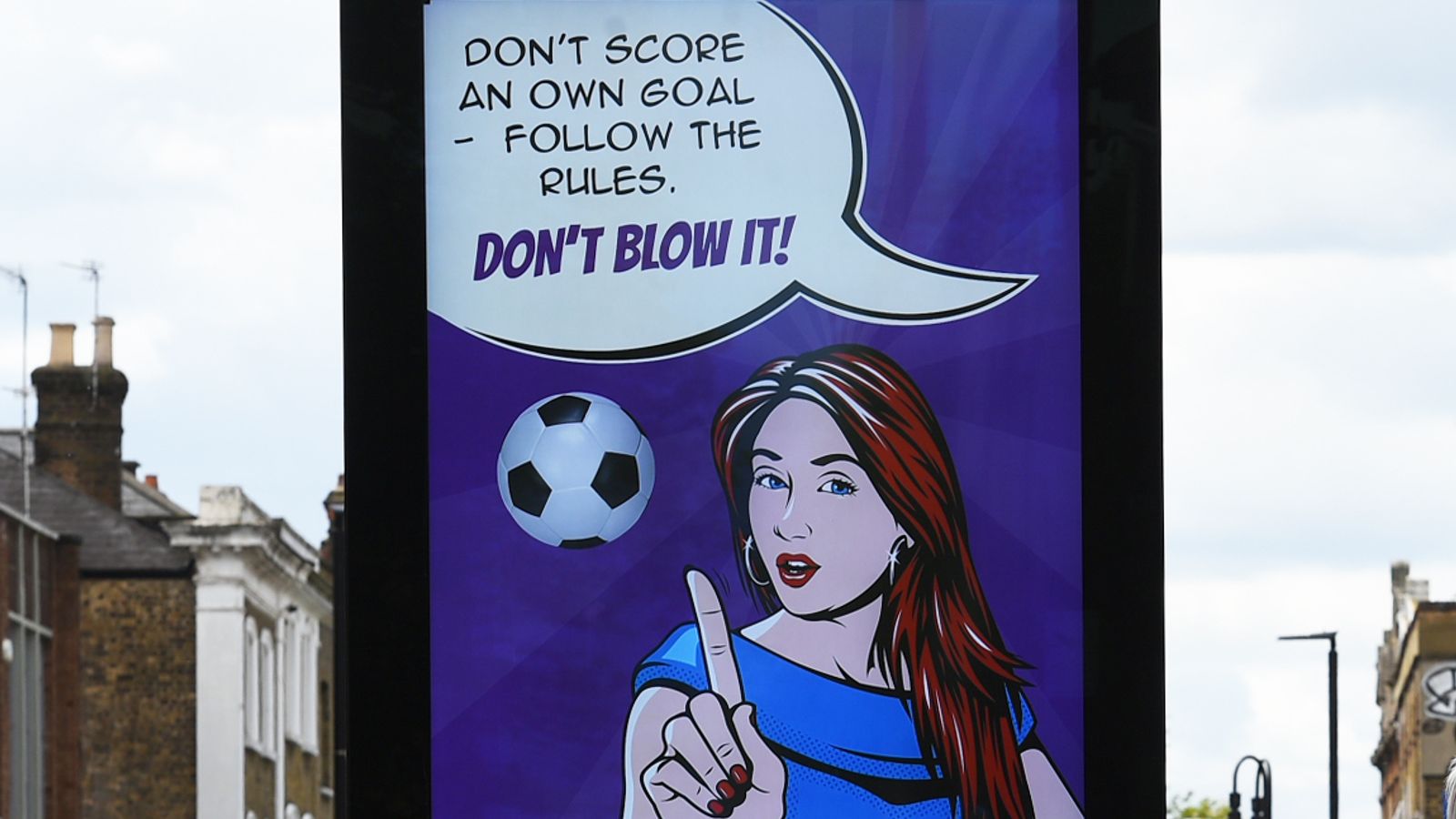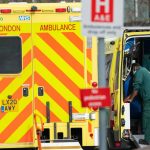The UK’s fight to contain coronavirus could turn bad “very, very quickly” unless the government acts cautiously on easing lockdown further, a professor has warned.
Sir Tim Gowers – whose argument against herd immunity helped trigger England’s first lockdown last year – said there is a danger that the Indian variant could “pick up speed and become a big problem”.
Speaking to The Guardian, he added that the downside of being “a bit more cautious” is a lot smaller than the disadvantages associated with getting things wrong.
Concerns are growing about the next big milestone in England’s roadmap for ending lockdown on 21 June, when all legal limits on social contact are due to be lifted.
Sir Tim, a professor of mathematics at the University of Cambridge, said he does not necessarily believe these plans are at risk, but stressed the government should take great care to assess data relating to the spread of the Indian variant.
He told the newspaper that Boris Johnson, who has treated each stage of the roadmap as irreversible, may end up being “extremely reluctant” to reverse the end of lockdown measures on 21 June if infection rates and hospital admissions get worse “because that would be a big U-turn, an embarrassing climbdown”.
The professor added: “So I think if that’s the way you’re going to play things, then you should be very, very cautious about every step you take … And maybe everything [will] be okay, maybe the number of people who are vaccinated will be just enough … ‘R’ will broadly speaking stay below one even with Indian variants.
“But if it’s not OK, we know, because of mathematics, that things will get bad very, very quickly. Or at least, maybe it won’t look that quick to start with, but it’ll grow exponentially. So it’ll pick up speed and become a big problem.”
Please use Chrome browser for a more accessible video player
Yesterday, other scientists expressed fears that England does not look “on course” to proceed with the final step out of lockdown.
Professor Christina Pagel, a member of the Independent Sage group, told Sky News that the last reopening step should not go ahead until more adults have received two doses of a coronavirus vaccine.
She added: “The R number is always based on data a couple of weeks old and the case rises in England this week have been quite high.”
Please use Chrome browser for a more accessible video player
On Friday, daily infections rose above 4,000 for the first time since 1 April. Overall, coronavirus cases in England are growing by up to 3% every day.
The latest R (reproduction) number is estimated to be between 1.0 and 1.1 – up from between 0.9 and 1.1 last week.
This means that, on average, every 10 people infected with COVID-19 will infect between 10 and 11 others.
Please use Chrome browser for a more accessible video player
Business Secretary Kwasi Kwarteng has said there is nothing in the current data to suggest England’s next step might be delayed.
He added that a final decision will not be made until 14 June, and warned it is “impossible for anyone to know what the situation will be like in a week or two weeks’ time”.
According to The Times, requirements to wear a face mask could remain in place beyond 21 June if the Indian variant continues to surge – as well as guidance encouraging people to work from home.
The newspaper said ministers are increasingly concerned that the variant could disrupt the roadmap, and are exploring contingency plans that may mean the lockdown only partially ends.
Top priorities are said to include ending the “one metre plus” distancing rule and the “rule of six” indoors, enabling the hospitality and retail sectors to get back to normal.






















